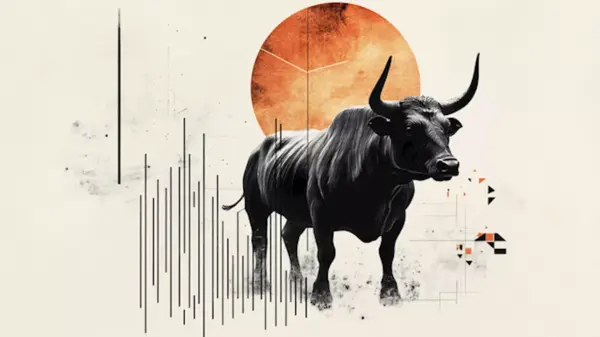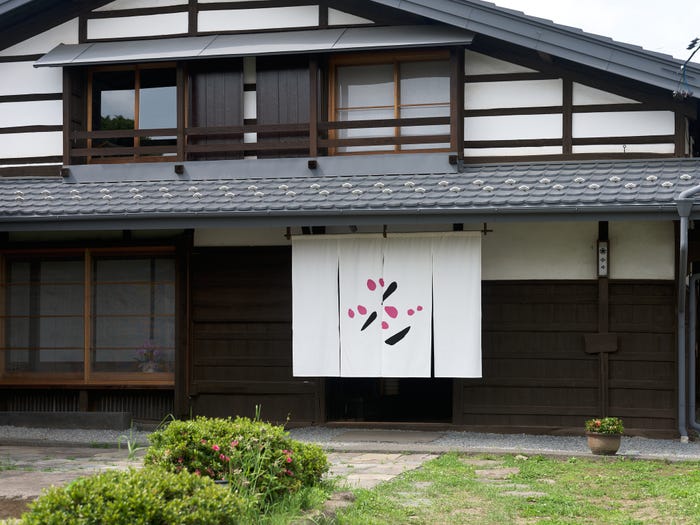UPDATE: A historic transformation is underway in Okaya, Japan, where Machiko Imai and her son, Matsukane, have turned their **200-year-old ancestral home** into a guesthouse. This remarkable initiative aims to share the beauty of traditional Japanese living with both international travelers and locals, starting at **$350 per night** for a minimum two-night stay.
Just announced, the guesthouse officially opened its doors in **July 2023**, poised to attract visitors seeking an authentic cultural experience. More than just a place to stay, the property serves as a living museum, showcasing the rich heritage of the Imai family, who have cherished this home for generations.
The sprawling property, located about **two and a half hours from Tokyo**, features a main house, two gardens, and several smaller outbuildings. The last full-time residents left in the early 1900s, yet subsequent generations maintained the interior’s historical integrity. “There was never a question of selling it,” confirmed Matsukane, emphasizing their commitment to preserving family legacy.
The journey to convert the ancestral home into a guesthouse began after Machiko inherited it from her father, who passed away at the age of **103** in **2020**. The duo spent three years restoring the house, a process that involved clearing decades of stored items and collaborating with local architects to modernize while respecting tradition. The renovations included a **modern kitchen** and a **hinoki-wood bath**.
Amid Japan’s burgeoning tourism, which saw a record **36.8 million visitors** in **2024**, the government is actively promoting regional tourism. The Imais applied for a government subsidy to support their project, which covered about one-third of their renovation costs. This comes as Japan seeks to encourage international travelers to explore beyond the well-trodden paths of Tokyo, Kyoto, and Osaka.
“We wanted to share that feeling of being in a traditional Japanese home with foreign visitors,” Machiko expressed, highlighting their goal to provide an immersive experience. The guesthouse can accommodate up to **10 guests**, offering a perfect retreat in a tranquil setting, despite its proximity to nearby shops and a mall.
The experience of managing the guesthouse has been a unique challenge for Matsukane, who partnered with a boutique hotel operator in Matsumoto for daily operations. “When you’re running your own place, you can do whatever you want,” he noted, contrasting the personalized touches they strive for with the necessities of a professional operation.
Feedback has been overwhelmingly positive, with many locals visiting the property, impressed by its potential for hosting relatives. The Imais treat their guesthouse as a **”living museum,”** complete with placards that explain each room’s original purpose, including the master bedroom lined with locally sourced silkworm silk.
As Matsukane continues to enhance the guest experience, he reflects on the profound impact of this project. “This has been a labor of love,” he said, underscoring the emotional significance of preserving their family’s history while welcoming others into their cherished space.
With the guesthouse now operational, visitors are encouraged to book their stay through **Airbnb** and immerse themselves in the tranquility and history that the Imai family home offers. The transformation of this ancestral home not only preserves a piece of Japanese culture but also enriches the regional tourism landscape, inviting guests to experience the past in a modern context.








































































